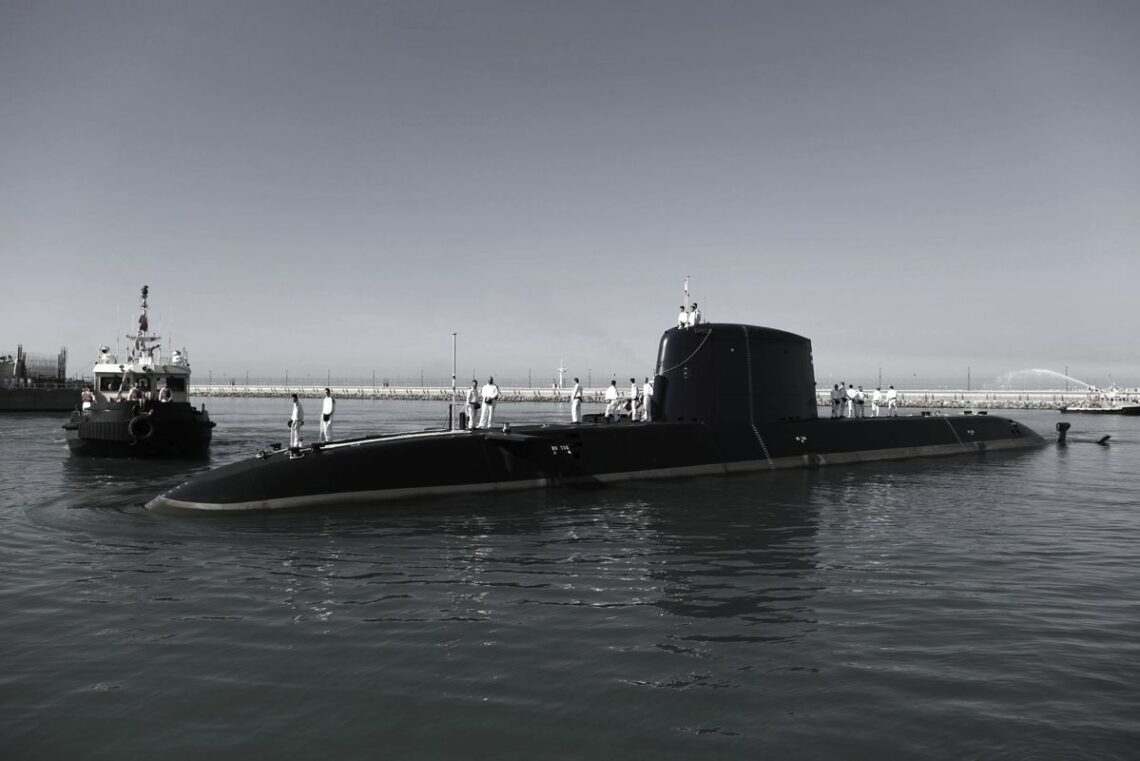Jerusalem recognition narrows U.S. options on Iran
President Donald Trump’s decision to recognize Jerusalem as Israel’s capital has hurt U.S. efforts to build a Sunni alliance against Iran. Given the risk of a region-wide conflict erupting near the Golan Heights or in southern Lebanon, its timing was also unfortunate. However, there could be a deeper logic behind the move.

In a nutshell
- The U.S. decision on Jerusalem contradicts its policy of confronting Iran
- The risk of a war with Israel is rising as Iran completes military bases in Syria
- There may have been other, hidden geopolitical motivations for the move
President Donald Trump’s decision to recognize the whole of Jerusalem, including East Jerusalem, as the official capital of Israel will very likely produce a strategically surprising result: severe limitations on the United States’ options in confronting Iran.
This outcome is surprising because Mr. Trump had made confronting Iran, along with North Korea, a centerpiece of his administration’s foreign policy. In October, he put the Iran nuclear deal in serious jeopardy by announcing he would not certify that the Iranians had complied with their obligations under the 2015 agreement. On an earlier visit to Riyadh, he announced that the U.S. is ready to stand up to Iran and support its Sunni Arab allies in their conflicts with Iranian proxies across the Middle East.
And indeed, the U.S. has backed Saudi Arabia and the United Arab Emirates in their fight against the Iranian-backed Houthi forces in Yemen, despite considerable pressure from Congress over concern about the effect of military operations on Yemeni civilians. Washington has also recently warned Tehran about Iraq, saying that vital U.S. interests are being threatened as Iranian-backed militias tighten their grip on a crucial sliver of Iraqi Kurdish territory stretching from the city of Kirkuk through Sulaymaniyah, controlled by the Talabani faction. This effectively gives the Iranians control of a key Iraqi oil-producing region together with a land corridor linking it firmly to Iran.
Snubbing allies
What makes Mr. Trump’s move puzzling is the risk of war between Iran and Israel. To back the Israeli effort, the U.S. will need all the help it can get from its Arab friends in the region.
Israel has been warning against Iranian encroachments on its vital security belt on the Syrian side of the Golan Heights. This comes as Iran nears completion of military bases in Syria and is close to establishing a reliable overland supply route through Iraq. Despite Russian assurances that it will not allow Iranian aggression against Israel, the reality on the ground is that an outbreak of fighting in the Golan Heights region could quickly spill over not only to Lebanon, where Hezbollah has thousands of missiles aimed at Israel, but also to Iraq and the waters of the Persian Gulf, where some of Israel’s five Dolphin-class submarines, said to be nuclear-capable, may be lurking ready to strike with a barrage of seaborne cruise missiles.
Recognition of Jerusalem as Israel’s capital will make it very difficult, if not impossible, for the U.S.’s Sunni Arab allies, especially the Saudis and the Emiratis, to support a showdown with Iran. To do so, they need operational and political cover. President Trump’s decision could force some Arabs previously hostile to Iranian expansion to conclude that it is the only viable counterweight to Israel and the U.S. in the region.

The timing is also unfortunate. The Sunni Arab world was just coming around to the idea that to defeat the twin menace of Persian nationalism and Shia sectarianism, it was necessary to accept an alliance with the U.S. and Israel. Now even friendly Sunni figures will find it hard to express public support. Saudi Foreign Minister Adel Al-Jubeir declared that the decision on Jerusalem was a mistake that must be reversed. Vice President Mike Pence was forced to cancel a visit to the Middle East after political and religious leaders refused to meet with him, including the head of Al-Azhar University in Cairo, the Sunni Muslim world’s leading center of religious study, and the leader of Egypt’s Coptic Orthodox Church, who aligned his position on this pan-Arab issue with the Muslim majority.
Another, perhaps unintended, consequence of the decision was to weaken the position of Jordan, the custodian of the Muslim sites in Jerusalem. King Abdullah of Jordan has traveled to meet world leaders, including President Recep Tayyip Erdogan of Turkey. But after years of identifying Iran as a key threat, the speaker of the Jordanian Parliament is now slated to head an official delegation to visit Tehran and meet President Hassan Rouhani. This could mark a key shift in Jordan’s geopolitical posture as it seeks to redress the imbalance created by President Trump’s announcement.
Other explanations
Perhaps President Trump thought that a shock was needed to move forward Israeli-Palestinian talks on Jerusalem’s final status. He may also have sought to fulfill a campaign promise. But if he was serious about confronting Iran, he picked the wrong moment.
Washington’s focus may now be almost exclusively on a conflict on the Korean Peninsula – in which case hostilities in the Middle East would be an unwanted distraction. A regional conflict would also be incredibly messy, since this time it would cut across ethnic and sectarian groups, with no clear lines of allegiance to nation states. The splintering of Sunni loyalties could be especially dangerous to the major players.
One possibility is that Israel and Iran (who have never stopped talking at various levels) may have reached a tacit understanding, under Russian and U.S. auspices. If this is true, the timing of Mr. Trump’s move on Jerusalem would be explained. But its consequence will still be to throw the Sunni Arab world into yet more turmoil, with no end in sight.






